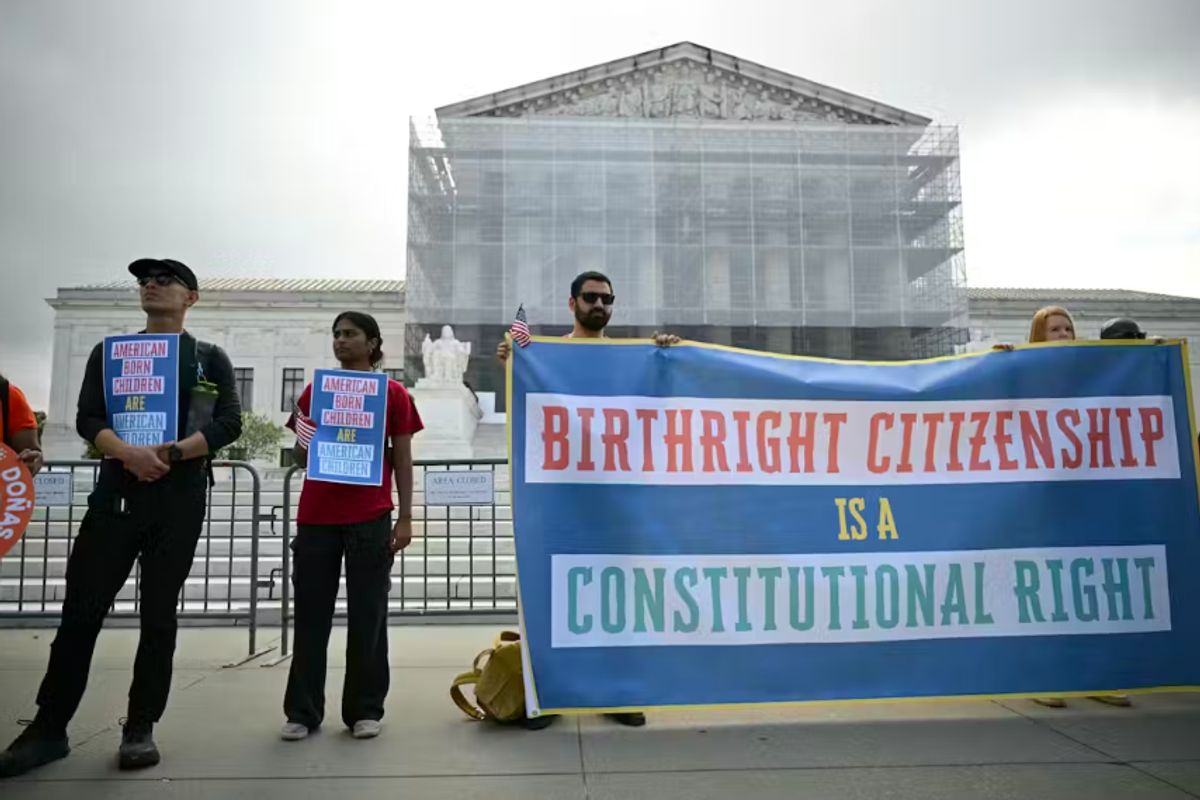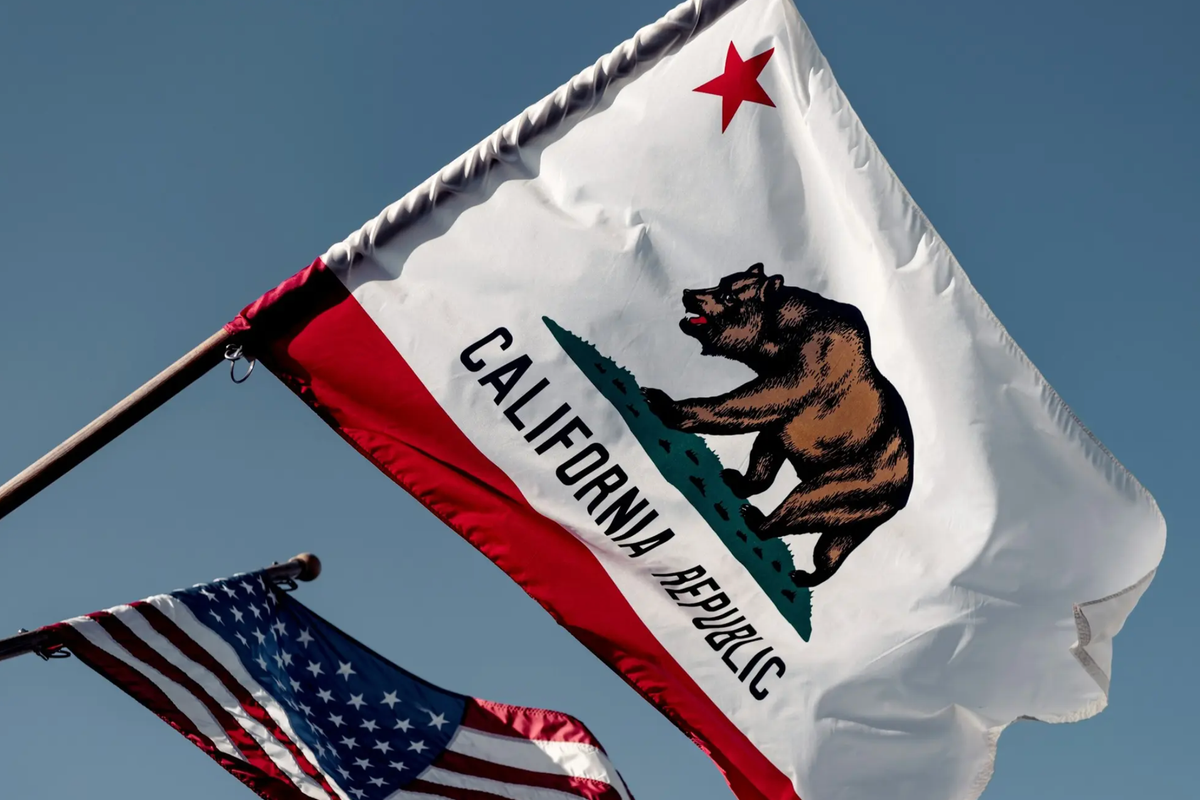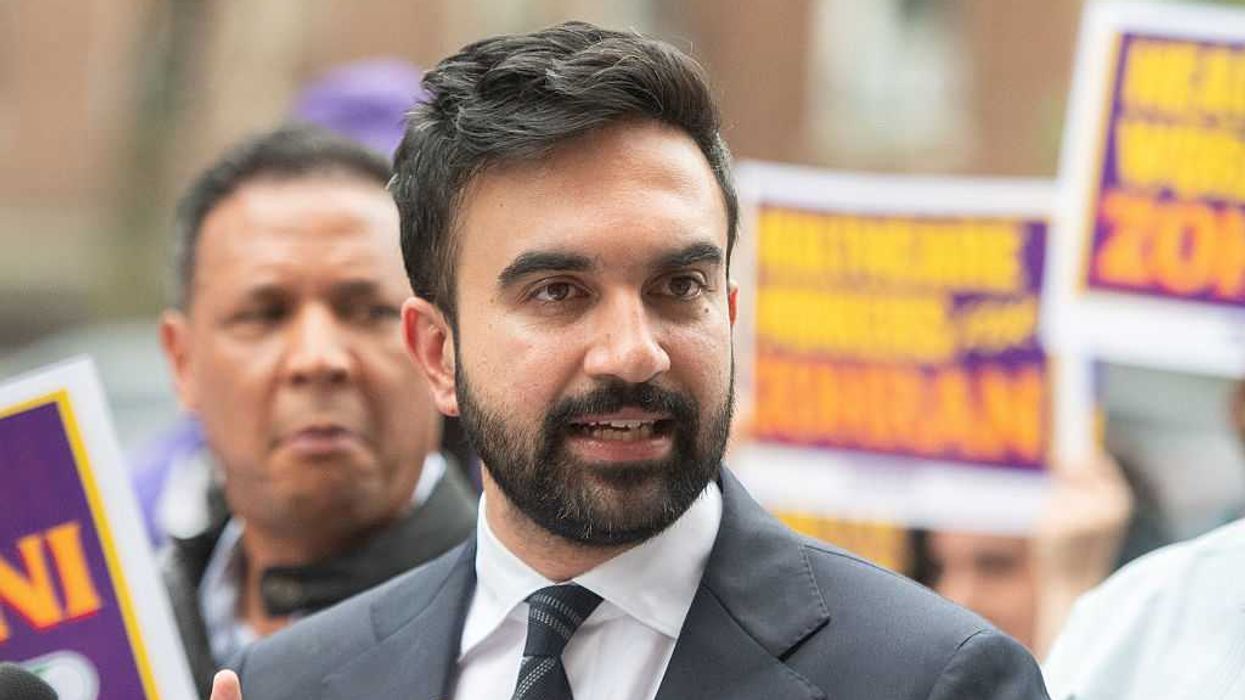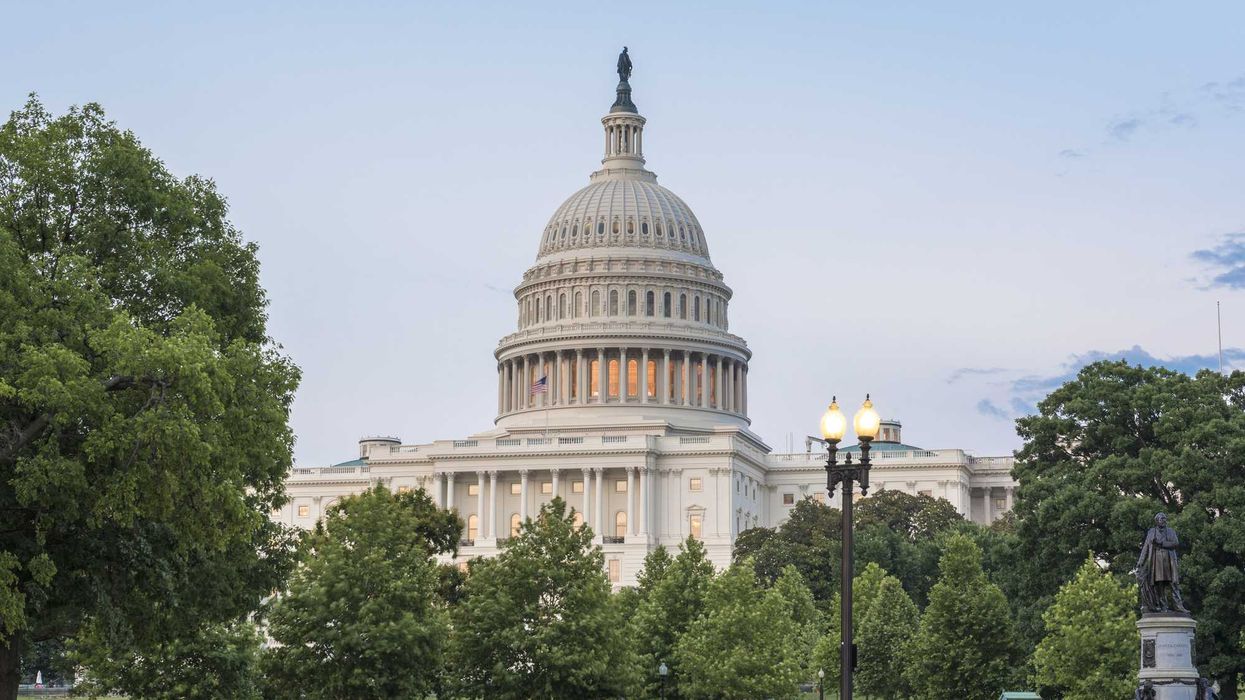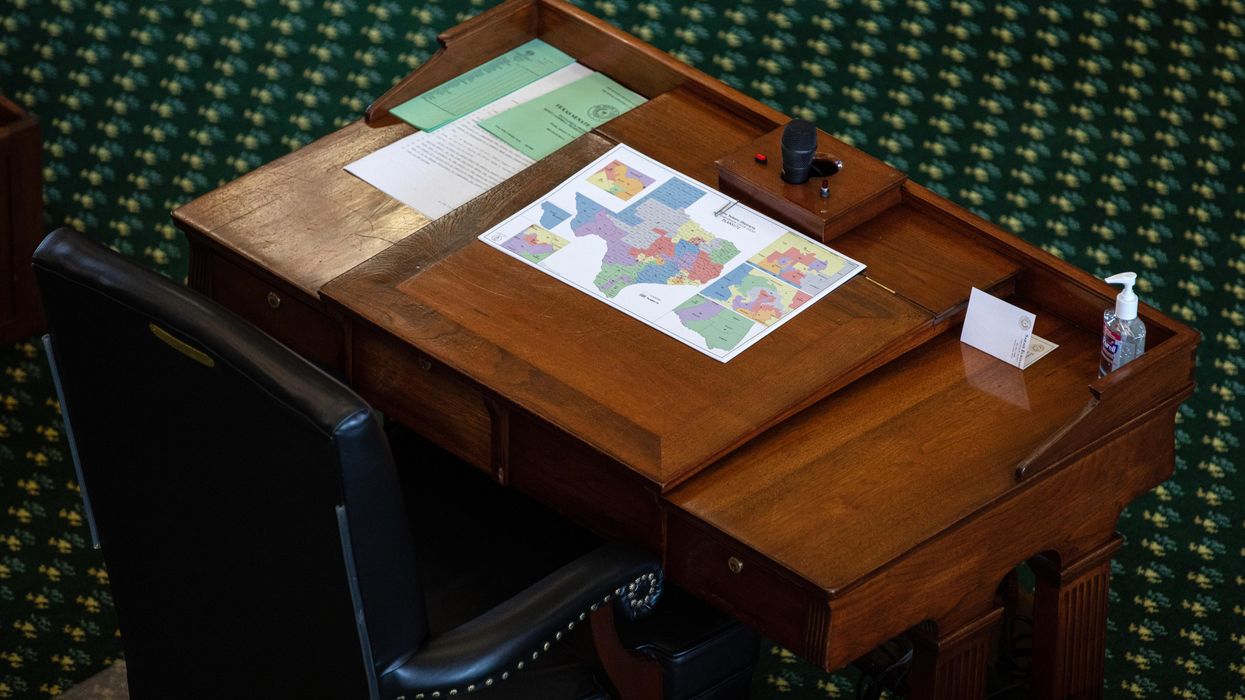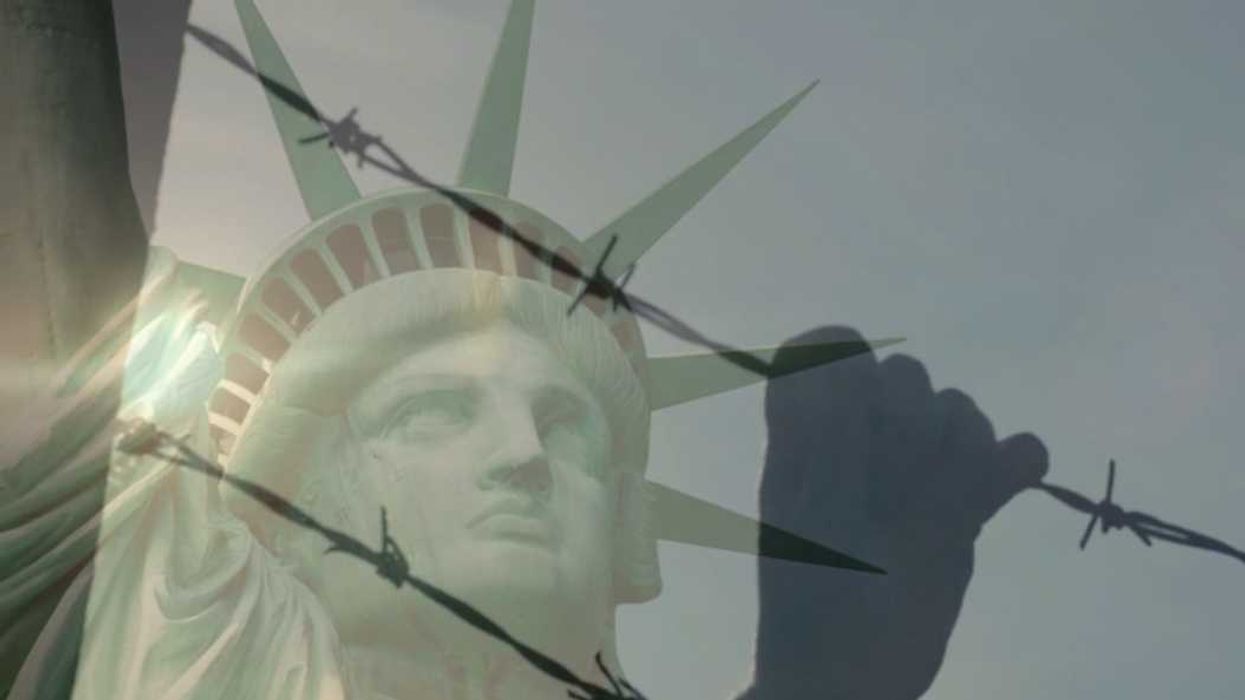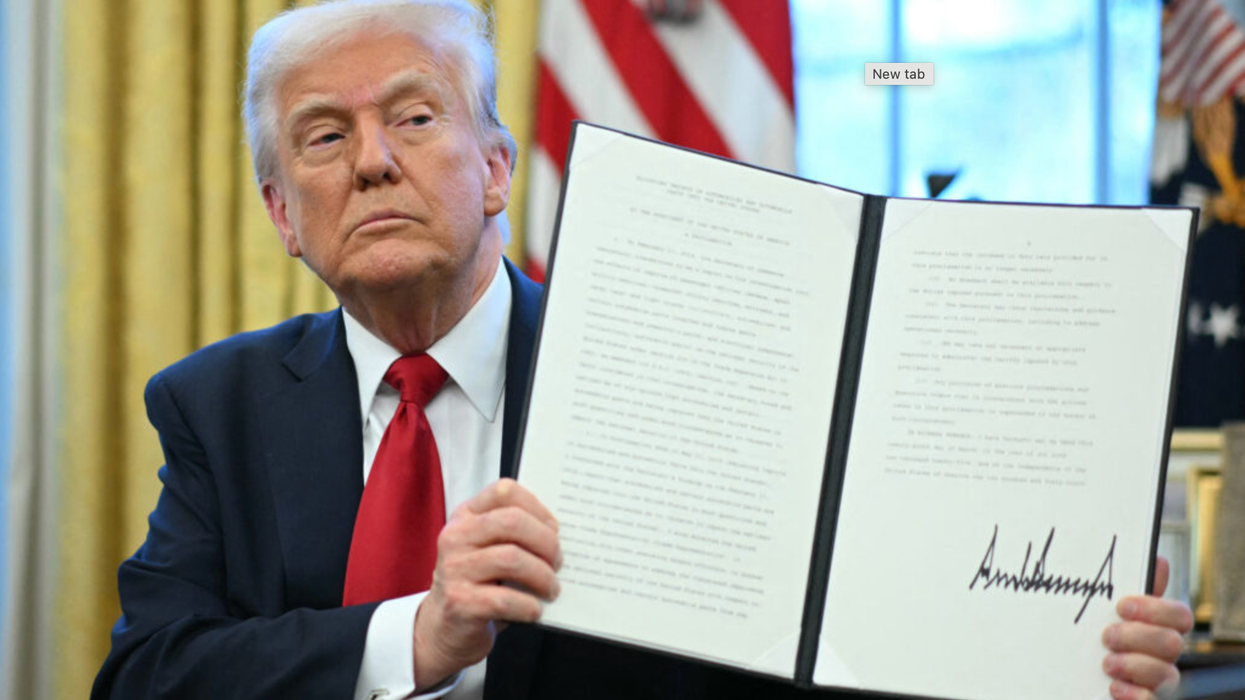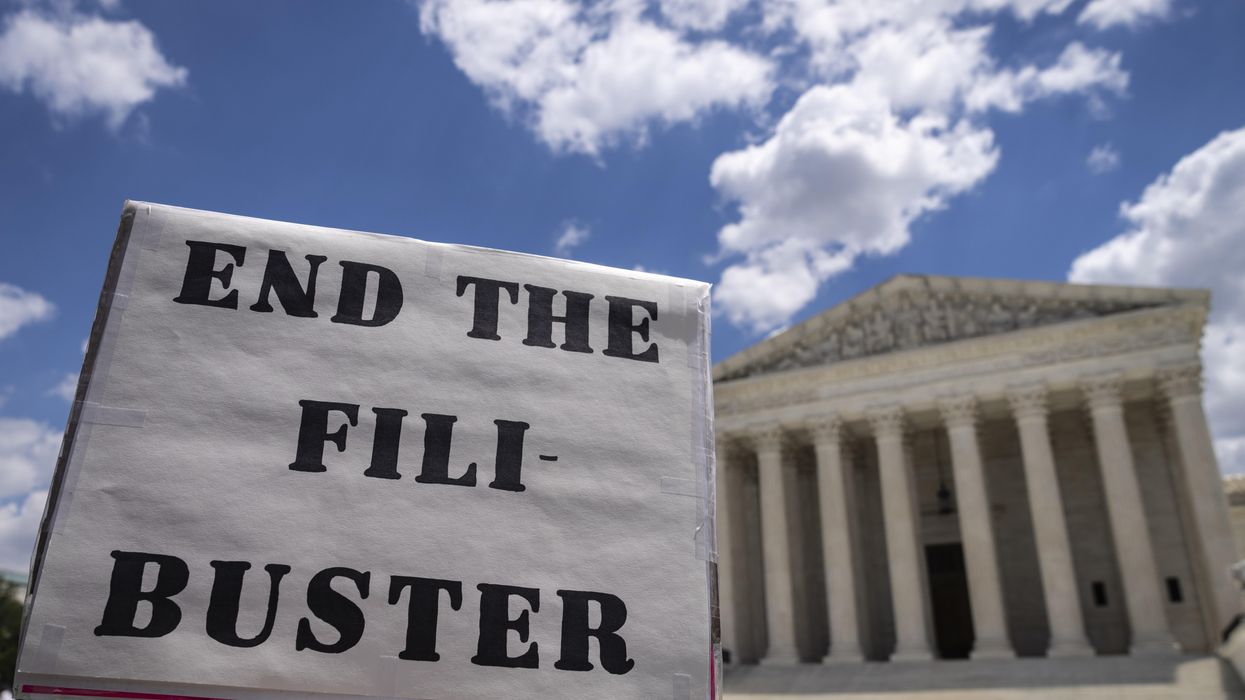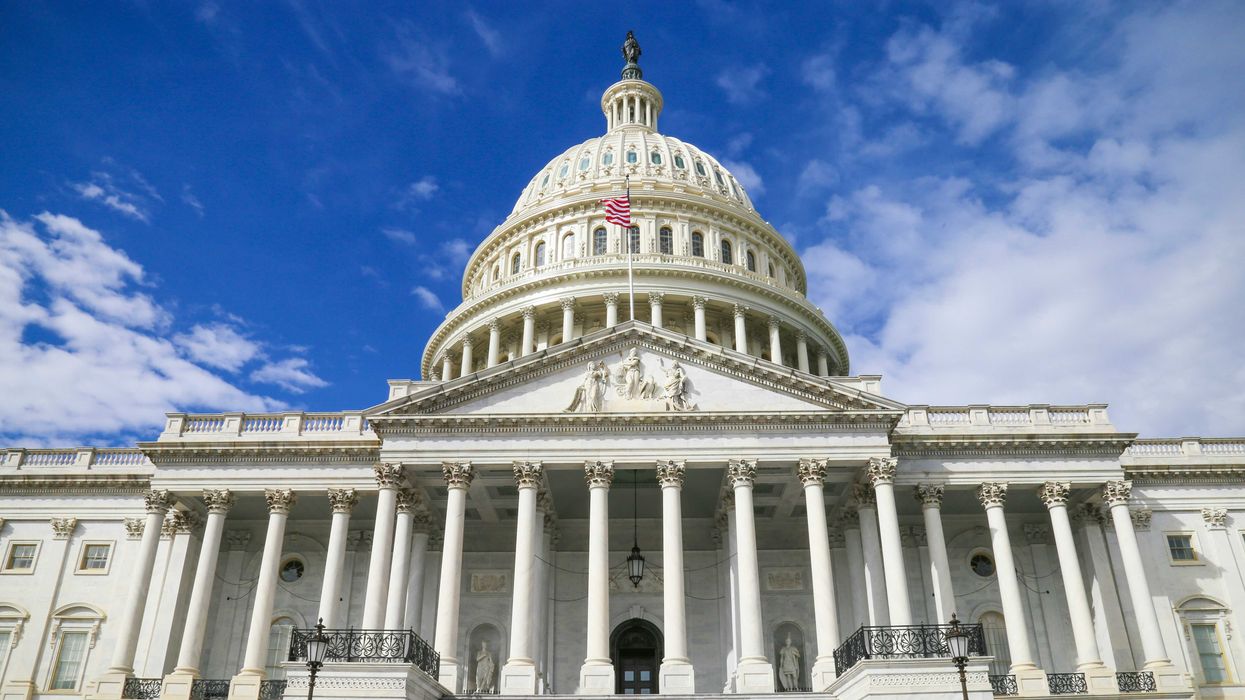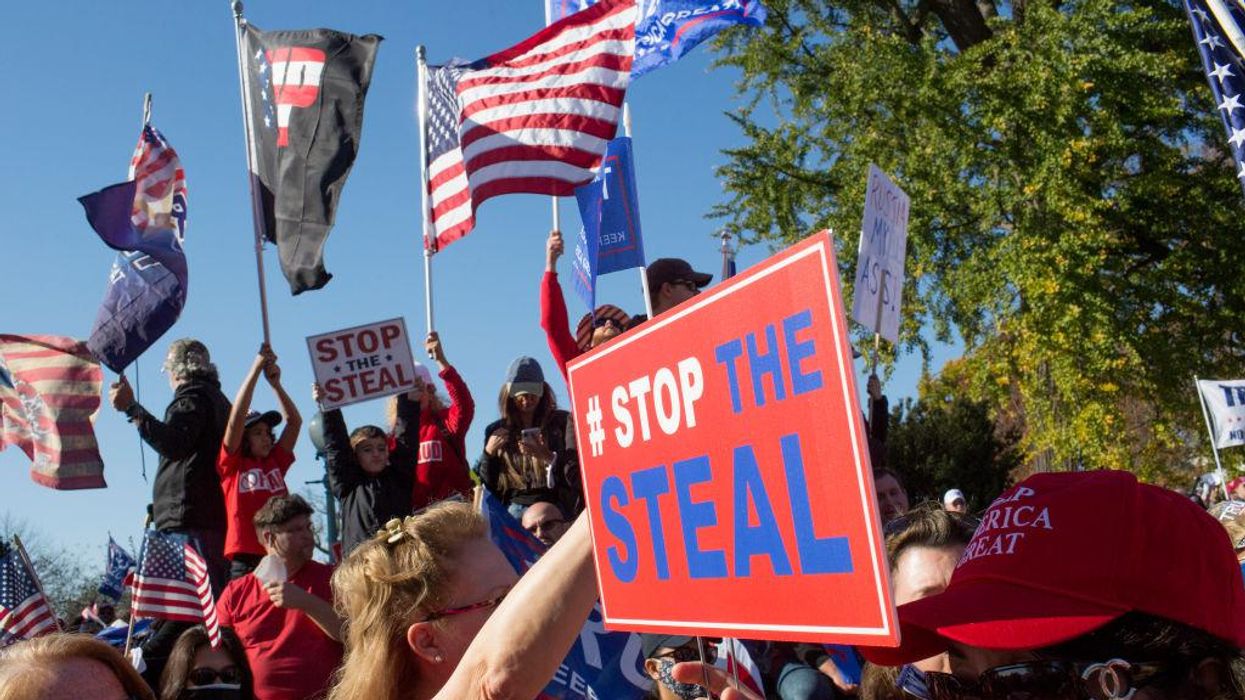Why have so many rank-and-file Democrats found Zohran Mamdani’s candidacy for New York mayor so captivating – despite all the naysaying from the party’s establishment? Because his message may be the first from a Democrat to counter decades of Republican dominance over a narrative central to our nation: the American Dream.
What the American Dream tells us is that anything is possible in America, that if you work hard, nothing can stop you, and you will succeed. It’s a rags-to-riches story, reminiscent of Horatio Alger and Rocky Balboa, and the classic tale of immigrants arriving with nothing and sacrificing everything to create a better life for themselves and their families.
Almost daily, we are regaled with stories about Americans who overcame hardship or adversity through grit and determination — and reaped the rewards of living in the United States. Nary a politician doesn't weave it into their persona and candidacy.
However, there's a flip side to the American Dream – one with profound cultural and political implications. Because if success in America comes from hard work, then if you haven't succeeded, it's likely that you haven't worked hard enough.
In other words, if you're poor or struggling, it's all on you, a result of your laziness or lack of initiative. We rarely discuss this aspect of the American Dream narrative, but it is deeply embedded in our approach to government and poverty. And it may be why Republicans have been ascendant and Democrats have struggled to capture the imagination of voters.
Think about the political consequences, all favorable to Republicans. Because if we are all wholly responsible for our success, then it's natural for voters to ask why they should give the fruits of their labor — their hard-earned money — to those who they say are sitting around and haven't worked for it. “If you are able to work in America, well then you should not be sitting at home playing video games and collecting a check,” said Representative Lauren Boebert (R-CO), echoing the sentiments of GOP colleagues during the recent debate over President Trump's tax and spending bill.
According to this line of thinking, when government aids those less fortunate, it enables their moral failings by giving them something they haven't earned – which makes them dependent on government and drains their individual initiative. It explains why Republicans have long sought to impose work requirements on government programs.
It's also the key to understanding white working-class grievance — and why so many have migrated to the GOP. To them, they worked hard, they built America, but as they see it, instead of praising them and protecting their jobs, liberals have created social programs for the undeserving at their expense. It’s why Ronald Reagan’s “welfare queen” trope resonated – that their hard work put food on the table while the poor were using government benefits to buy T-bone steaks.
So it wasn't on them that their standard of living flatlined in recent decades; rather, they were getting squeezed so the government could give away what they earned with sweat and toil to those who hadn’t worked for it. They may be caricaturing liberal intentions and programs, and their perspective may be based on stereotypes about the disadvantaged, particularly minorities, but it's firmly rooted in their understanding of the American Dream.
From the New Deal to the Great Society and onward, Democrats have offered a different interpretation of the American Dream. Yes, they say, it's through individual initiative that Americans can attain success. However, they also argue that there are many reasons beyond individual effort that contribute to someone's failure to succeed — among them bigotry, family circumstances, social conditions, inequality, and historical injustices. Even people who work hard and hold down two jobs, Democrats note, are often unable to free themselves from the weight of these burdens.
As Martin Luther King, Jr., wrote, " if a man is entered at the starting line in a race three hundred years after another man, the first would have to perform some impossible feat in order to catch up with his fellow runner."
The Democratic approach is to level the playing field, creating laws and programs that enable everyone to reach the starting line and prove their merit. Affirmative action was one remedy, but Republicans successfully framed it not as a moral solution to generations of injustice but as an unfair benefit that advantages minorities and women at the expense of white men.
It was in the 1960s that liberalism reached its heyday, when its message resonated most deeply with the American spirit. Through programs such as food stamps, job training, Head Start, low-interest student loans, and Medicaid, President Johnson sought to help what he described as the many Americans who "live on the outskirts of hope – some because of their poverty, and some because of their color, and all too many because of both.” He made it the nation's moral mission to “replace their despair with opportunity.”
At the time, these programs were very popular – and aligned with the American Dream. But in the decades since, Democrats have been unable to defend them against Republican rhetoric that frames them as giveaways of hard-earned tax dollars to people who haven't worked for it, as violations of the American Dream. Democrats tried to respond by calling these programs "investments," but that's a sterile economic term far from the moral heart of the American voter.
Suppose the Democrats want to regain the majority. In that case, they will need to show that theirs is the party of the American Dream, that anyone who works hard should have a shot at a better life. Most importantly, the government is a moral force that mitigates the disruptions of capitalism, addresses injustices, supports our pursuit of a better life, and provides everyone with a fair chance to succeed, regardless of their background or circumstances.
They need to show that the American social contract is all about lowering the ladder so everyone can climb it — and not, like the Republicans, pulling it up and leaving fellow Americans behind. It's not about giveaways; it's about opportunity. It’s not about each of us looking out only for ourselves; it’s about all of us looking out for each other. It’s about government not as the nemesis of the American Dream, as Republicans would have it — but as its partner.
It may be what’s behind Mamdani’s appeal: his relentless focus on affordability is essentially a message of making the American Dream more accessible through government action.
Perhaps it's not identity politics or wokeness that cost Democrats the 2024 election. It may simply be a matter of how we define the American Dream.
Leonard Steinhorn is a professor of communication and an affiliate professor of history at American University and the former CBS News Radio political analyst.